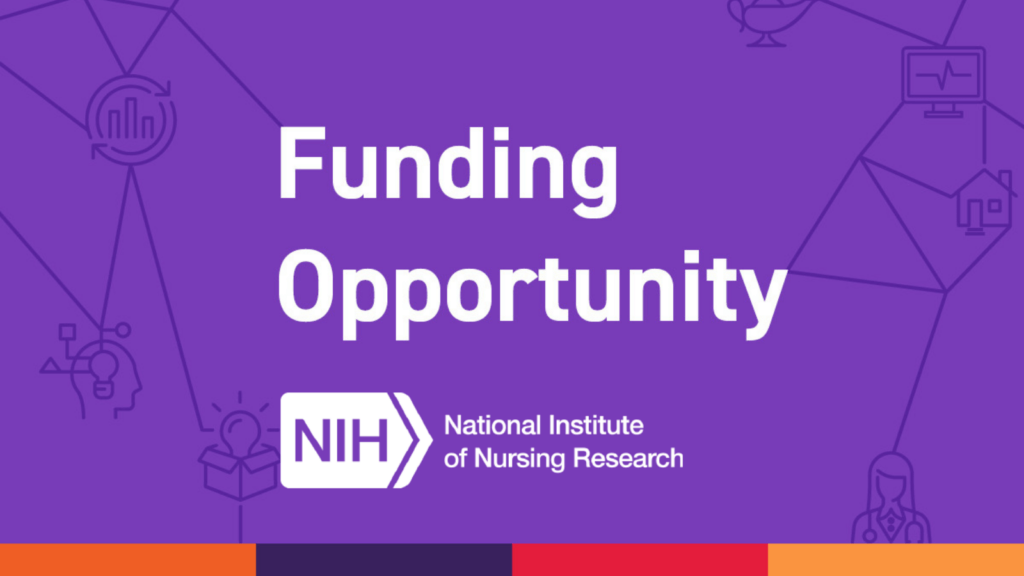 The National Institute of Nursing Research (NINR) has published a funding opportunity for research to develop and expand interventions and programs that leverage existing or create new healthcare-community partnerships to address unmet social needs among individuals and families and adverse social determinants of health within communities—especially in populations that experience health disparities.
The National Institute of Nursing Research (NINR) has published a funding opportunity for research to develop and expand interventions and programs that leverage existing or create new healthcare-community partnerships to address unmet social needs among individuals and families and adverse social determinants of health within communities—especially in populations that experience health disparities.
Read the full announcement for more information about the funding opportunity and details on eligibility, research objectives, key dates, application review, and award administration.
- Letter of intent due date: February 21, 2024
- Application due date: March 22, 2024
NINR will hold a pre-application webinar for prospective applicants on February 15, 2024, from 1:00 to 2:00 pm ET. NIH staff will provide an overview of the funding opportunity and answer questions from potential applicants. Registration is required.




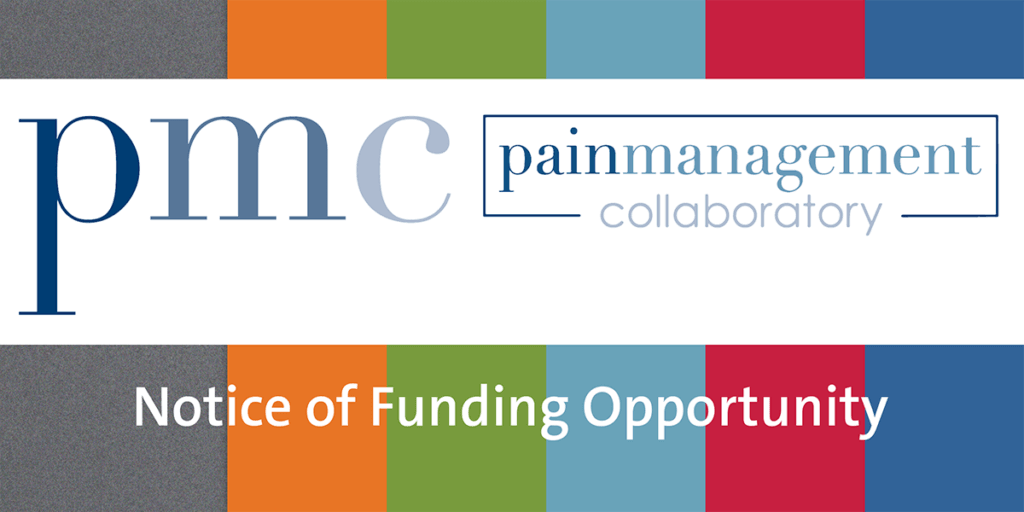 The NIH this month published notice of a funding opportunity to support the next round of pragmatic clinical trials within the NIH-DoD-VA Pain Management Collaboratory (PMC).
The NIH this month published notice of a funding opportunity to support the next round of pragmatic clinical trials within the NIH-DoD-VA Pain Management Collaboratory (PMC).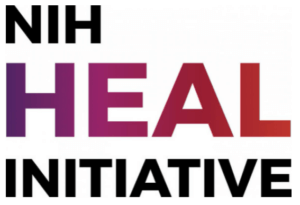 The Helping to End Addiction Long-Term Initiative℠, or NIH HEAL Initiative℠, recently published 2 funding opportunity announcements soliciting applications focused on sickle cell disease (SCD) pain management. The effort is co-led by the National Center for Complementary and Integrative Health and the National Heart, Lung, and Blood Institute, with support from other NIH Institutes, Centers, and Offices.
The Helping to End Addiction Long-Term Initiative℠, or NIH HEAL Initiative℠, recently published 2 funding opportunity announcements soliciting applications focused on sickle cell disease (SCD) pain management. The effort is co-led by the National Center for Complementary and Integrative Health and the National Heart, Lung, and Blood Institute, with support from other NIH Institutes, Centers, and Offices.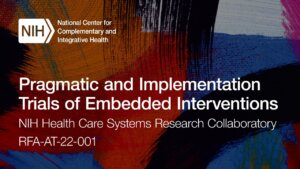 The NIH released a request for applications (RFA) for new NIH Pragmatic Trials Collaboratory Trial grants that address health disparities. NIH program and review staff will discuss the funding opportunity in an upcoming webinar.
The NIH released a request for applications (RFA) for new NIH Pragmatic Trials Collaboratory Trial grants that address health disparities. NIH program and review staff will discuss the funding opportunity in an upcoming webinar. 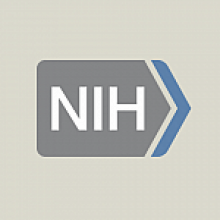 The NIH recently released a request for applications (RFA) for new NIH Collaboratory Trial grants. The RFA encourages applications that focus on improving health outcomes in populations that experience health disparities, such as higher rates of disease or mortality compared with the general population. These populations may be defined by race, ethnicity, geography, or socioeconomic status.
The NIH recently released a request for applications (RFA) for new NIH Collaboratory Trial grants. The RFA encourages applications that focus on improving health outcomes in populations that experience health disparities, such as higher rates of disease or mortality compared with the general population. These populations may be defined by race, ethnicity, geography, or socioeconomic status. The NIA IMPACT Collaboratory has announced 3 new funding opportunities for researchers at all levels who are interested in pragmatic clinical trials embedded in healthcare systems (ePCTs). They include funding for NIH Collaboratory Trials, a new scholars program for junior and senior investigators, and a new cycle of funding for 1-year pilot studies.
The NIA IMPACT Collaboratory has announced 3 new funding opportunities for researchers at all levels who are interested in pragmatic clinical trials embedded in healthcare systems (ePCTs). They include funding for NIH Collaboratory Trials, a new scholars program for junior and senior investigators, and a new cycle of funding for 1-year pilot studies. The Patient-Centered Outcomes Research Institute (PCORI)
The Patient-Centered Outcomes Research Institute (PCORI)